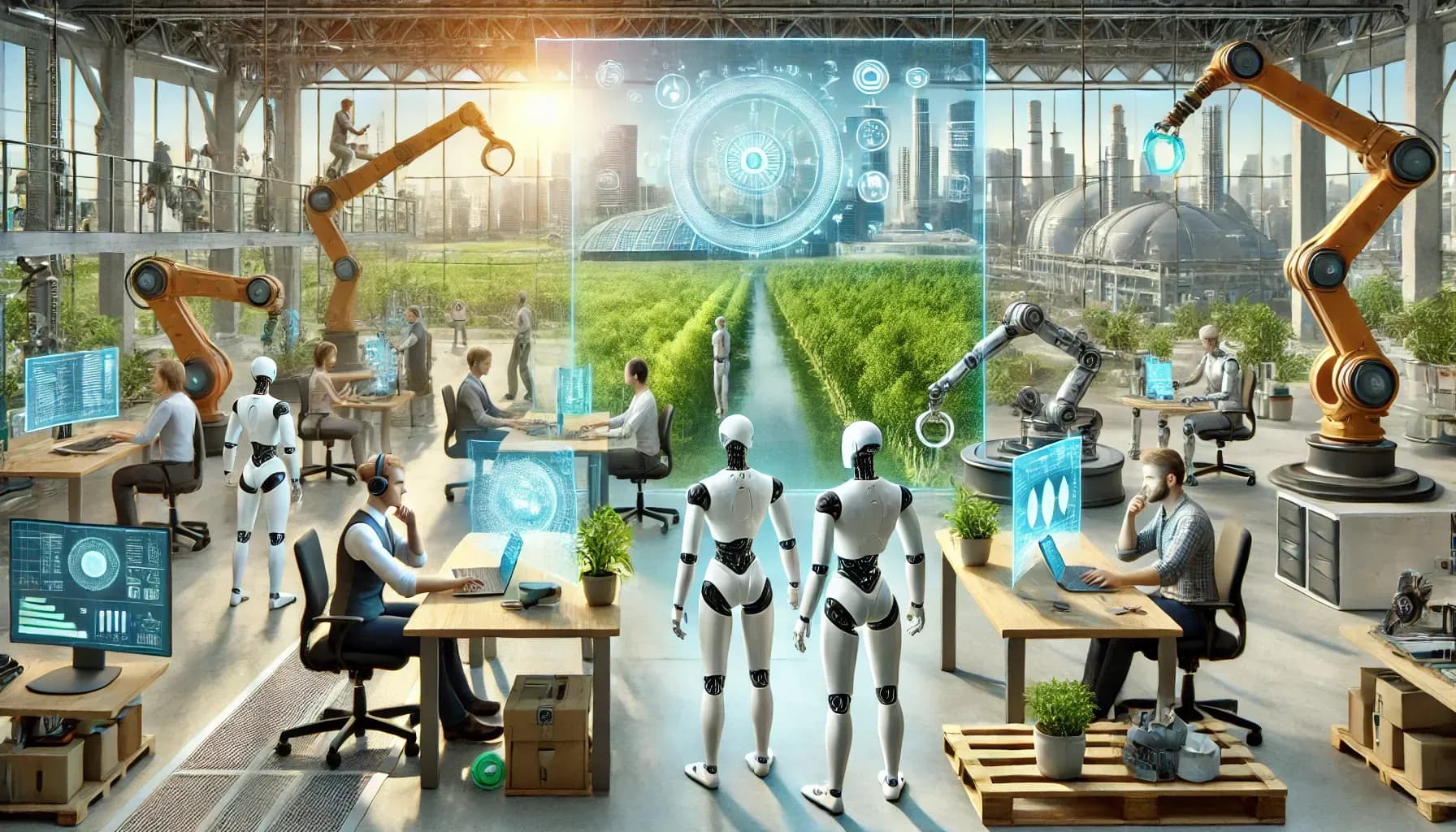Conference Overview
Advances in artificial intelligence (AI), green technologies, and other frontier technologies are reshaping economies, workplaces, and environmental outcomes globally. This ongoing transformation presents both opportunities and challenges at macroeconomic, organisational, and individual levels, influencing productivity, employment structures, economic growth, and sustainability. Institutions and policies play pivotal roles in unfolding these impacts, including efforts to accelerate the greening of the economy and to adapt to new technologies across various economic sectors. The TASKS VII conference brings together economists, sociologists, and policymakers to discuss the economic impacts of frontier technologies, focusing on productivity, institutions, and micro-level and macro-level adjustments.
Key Topics of Interest
We encourage empirical, theoretical, experimental, and policy-oriented research contributions that address various aspects of the impact of AI, green, and other frontier technologies on work, productivity, and sustainability. Specific areas of interest include, but are not limited to:
● Economic and Labour Market Impacts: What are the labour market effects of frontier technologies? How do they influence job creation, displacement, wages, tasks, and job quality? How do these changes reshape growth trajectories, income inequality, economic stability, and environmental sustainability?
● Measuring Technologies: What are effective methods for measuring the adoption of frontier technologies, their productivity, and other labor market outcomes? How can new, unstructured data sources such as job postings, patents, emissions data, and online activity help measure these technologies?
● Productivity Impacts: How do frontier technologies enhance or limit productivity across countries, industries, firms, and workers? How should technologies be designed to complement human work and support environmental goals?
● Firms and Organizational Change: How are firms restructuring when integrating frontier technologies? What strategies can promote successful transitions and enhance productivity?
● Workforce Skills and Adaptability: How are workforce skills evolving with jobs driven by frontier technologies? What roles do education, training, and skills development play in this adaptation?
● The Role of Policy Makers and Institutions: What roles should policy and institutions play in supporting firms and workers in the context of frontier technologies? How can policy foster inclusive growth, resilience, and environmentally sustainable economic development?
Scientific Committee
Melanie Arntz (IAB, FAU Erlangen-Nürnberg)
Femke Cnossen (University of Groningen)
Jens Dörpinghaus (BIBB, University of Koblenz, Linnaeus University Växjö)
Hubert Ertl (BIBB, University of Paderbon)
Bernd Fitzenberger (IAB, FAU Erlangen-Nürnberg)
Christina Gathmann (LISER)
Maarten Goos (Utrecht University)
Georg Graetz (University of Uppsala, IZA Bonn)
Sabine Pfeiffer (FAU Erlangen-Nürnberg)
Anna Salomons (Utrecht University, Tilburg University)
Organising Committee
● Kathrin Ehmann (ehmann@bibb.de)
● Sabrina Genz (s.c.genz@uu.nl)
● Terry Gregory (terry.gregory@liser.lu)
● Florian Lehmer (florian.lehmer@iab.de)
















